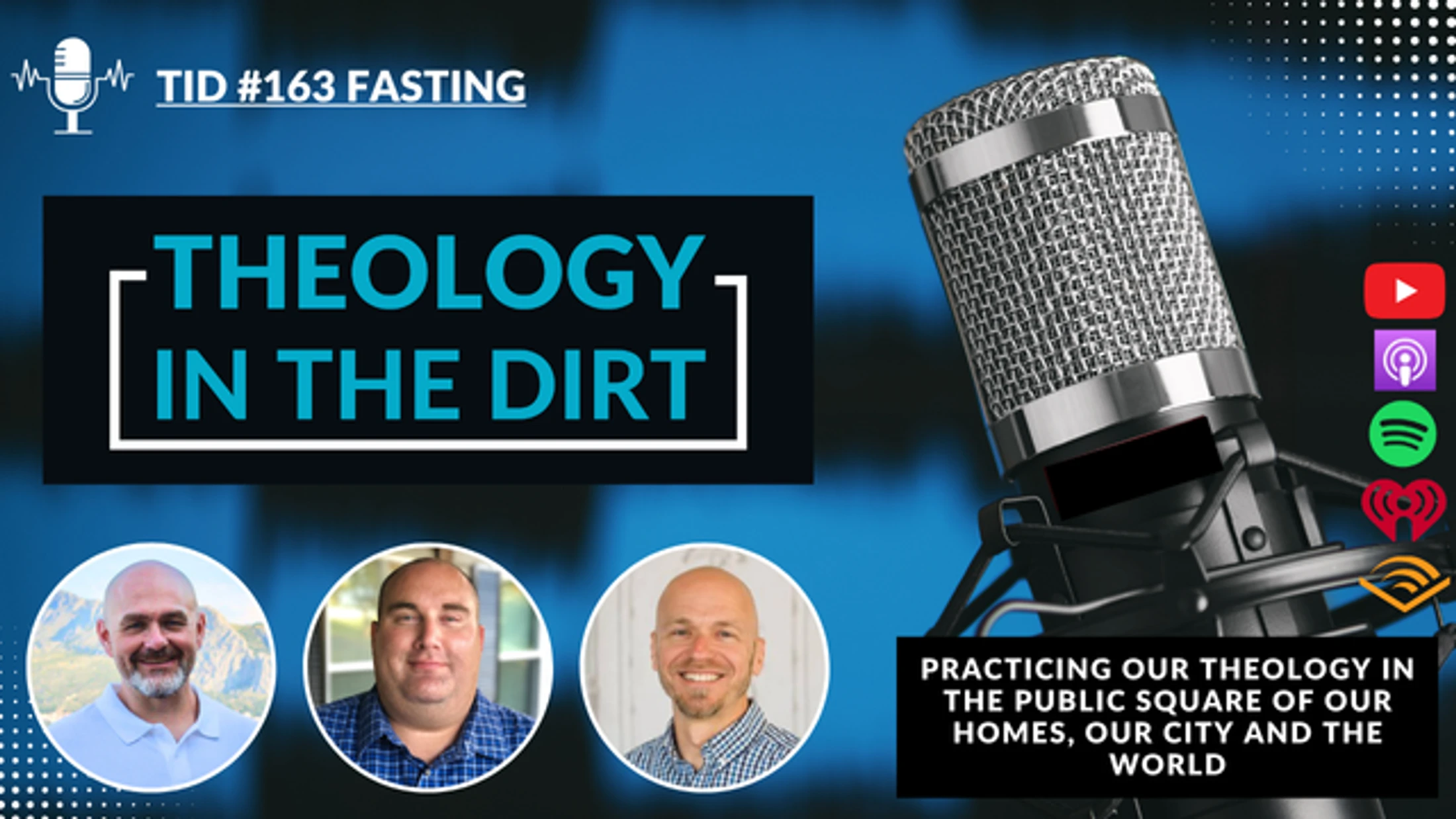TID #164 Fasting

What’s up TRC and Friends! Today we talk about Jesus’ next strategic means of seeking his kingdom and righteousness first. Fasting.
Jesus teaches that fasting is an essential spiritual discipline for seeking God’s kingdom. While often overlooked in most Christian circles, fasting is Jesus’ powerful way to deepen our relationship with the Father and align our hearts with his will.
Why Does Jesus Assume His Followers Will Fast?
Jesus assumes His followers will fast because:
- It was a common Jewish practice, especially on the Day of Atonement.
- Fasting was linked to mourning, repentance, as well as joy in the feasts and seeking God.
- Jesus himself fasted for 40 days before beginning his ministry.
- Fasting feeds our soul beyond physical sustenance.
What Are the Dangers of Fasting Like Hypocrites?
Jesus warns against fasting like the Pharisees who:
- Made their fasting obvious to gain attention and praise from others.
- Turned fasting into a vain, worthless activity focused on self rather than God.
- Missed the true purpose of drawing closer to God through fasting.
How Should We Approach Fasting?
Jesus teaches we should:
- Keep fasting private between ourselves and God.
- Maintain normal appearance and daily routines.
- Approach fasting with joy rather than dread.
- Focus on the spiritual benefits rather than physical discomfort.
- Start small and build up fasting gradually.
- Don’t give up if we give in to the hunger and break the fast. Start over and receive God’s mercy.
What Rewards Come from Fasting?
When done with the right heart, fasting can lead to:
- Deeper intimacy with God.
- Greater clarity in prayer.
- Divine intervention and answered prayers.
- Spiritual breakthroughs and understanding.
- Eternal reward.
- Breaking strongholds.
Life Application
This week, consider starting a simple fast by skipping one meal to seek God.
As you fast:
- Keep it private between you and God.
- Focus on prayer and Scripture during the time you would normally eat.
- Maintain a joyful attitude and don’t draw attention by looking gloomy.
- Journal about what you learn and hear from the Spirit.
Questions to reflect on:
- Am I seeking God’s approval or human recognition in my disciplines?
- What areas of my life need breakthrough that fasting could help address?
- How can I make fasting a regular part of my spiritual disciplines?
